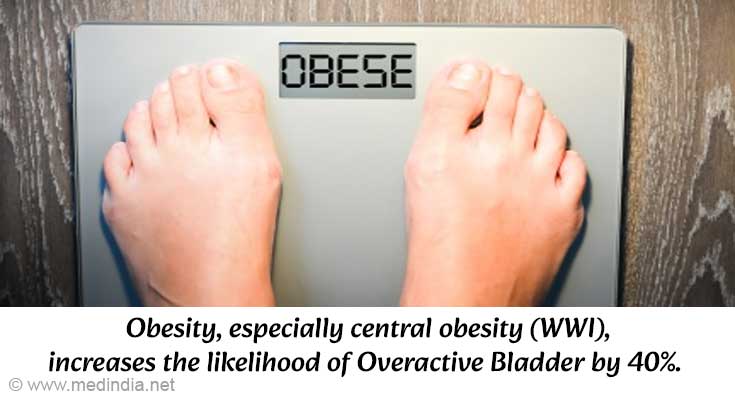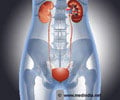Higher LC9 scores lower OAB risk, while obesity increases it, highlighting the link between cardiovascular and bladder health.
- A higher LC9 score significantly reduces the risk of OAB
- Obesity (WWI) mediates the link between LC9 and OAB by 13.89%
- Managing weight and improving heart health may help prevent OAB
Association between Life's Crucial 9 and overactive bladder: the mediating role of weight-adjusted-waist index
Go to source).
Link Between LC9 and Overactive Bladder (OAB)
Recent research indicates a strong negative correlation between LC9 and overactive bladder (OAB). Individuals with higher LC9 scores are significantly less likely to develop OAB, highlighting the importance of cardiovascular health in bladder function. The study suggests that improving heart health through lifestyle changes could play a role in reducing the prevalence of OAB.
Role of the Weight-Adjusted Waist Index (WWI)
One of the key factors mediating this relationship is the weight-adjusted waist index (WWI), a measure of obesity. The findings reveal that an increase in WWI is associated with a higher risk of OAB. This suggests that excess abdominal fat could be a contributing factor in the development of OAB. Managing weight and reducing central obesity may help mitigate this risk.Data from a large population survey further supports these findings. A 10-unit increase in LC9 is linked to a significant reduction in the likelihood of OAB, while a rise in WWI increases the risk. The results remain consistent even when LC9 and WWI are categorized into different quartiles. These observations emphasize the linear relationship between cardiovascular health and OAB risk.
Implications for Prevention and Management
Improving cardiovascular health through lifestyle modifications such as regular exercise, a balanced diet, and weight management may help reduce the incidence of OAB. Addressing obesity, particularly abdominal fat, is crucial in breaking the link between poor cardiovascular health and bladder dysfunction. A comprehensive approach focusing on heart health could offer new strategies for OAB prevention and management.The findings reinforce the importance of maintaining good cardiovascular health, not only for heart-related conditions but also for bladder health. By focusing on lifestyle factors that contribute to a higher LC9 score, individuals can potentially lower their risk of developing OAB. These insights open new possibilities for integrating cardiovascular care into the management of bladder disorders.
Reference:
- Association between Life's Crucial 9 and overactive bladder: the mediating role of weight-adjusted-waist index - (https://www.frontiersin.org/journals/nutrition/articles/10.3389/fnut.2024.1508062/full)
Source-Medindia













